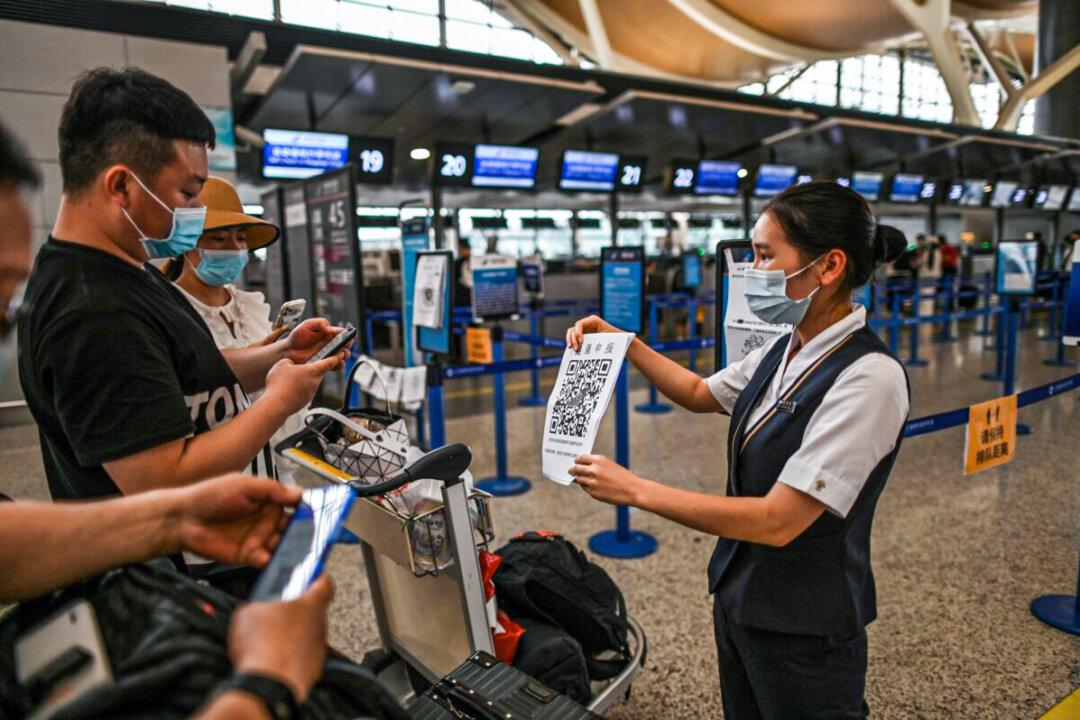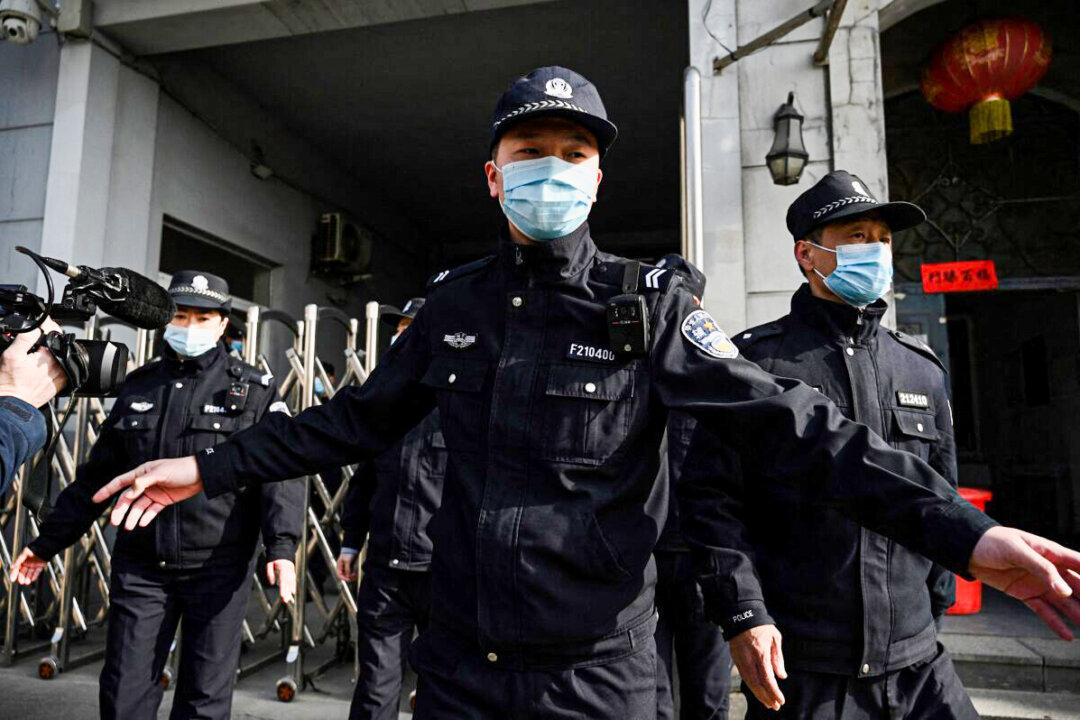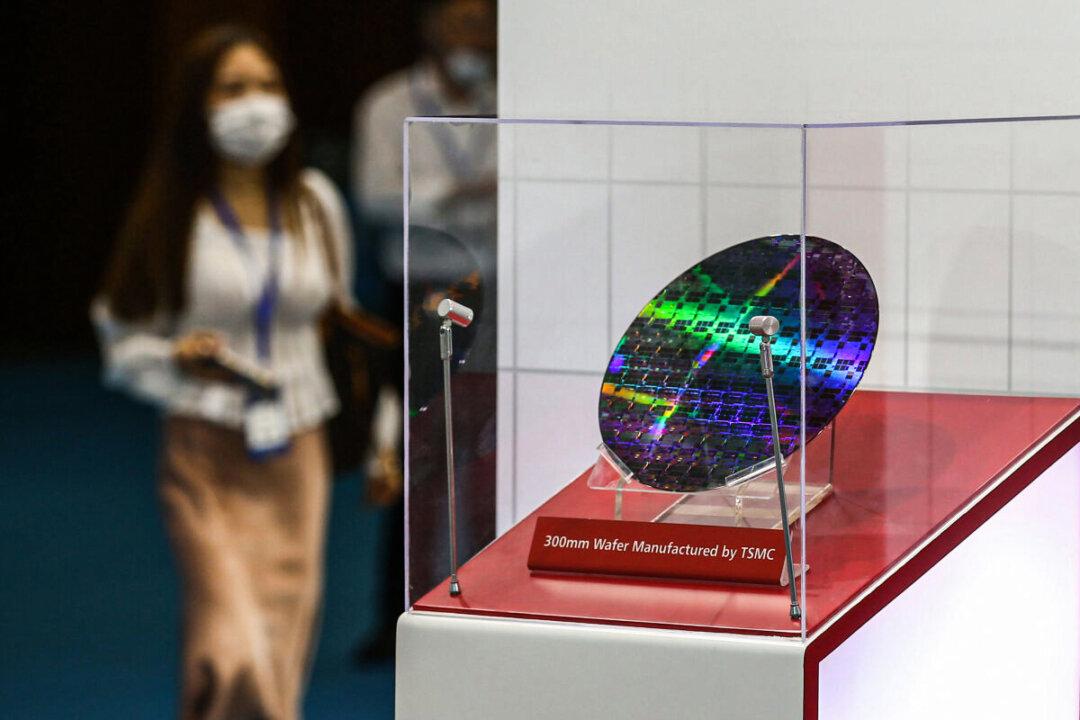China’s envoy to the United States last month invited several American media outlets to take a joint interview, but no outlet ended up reporting on the event—a decision that angered Chinese state media.
Qin Gang, the Chinese regime’s ambassador to the United States, met with chief editors and senior correspondents of major American media outlets for a “fireside chat” on Dec. 20. The interview, hosted by Bloomberg New Economy Forum, was conducted in English and on the record, according to the description at the Chinese embassy’s website.




